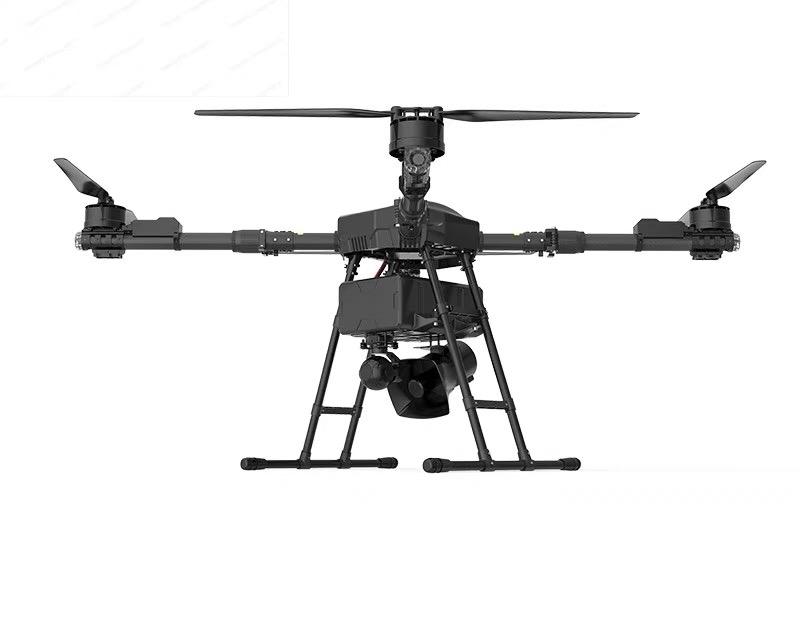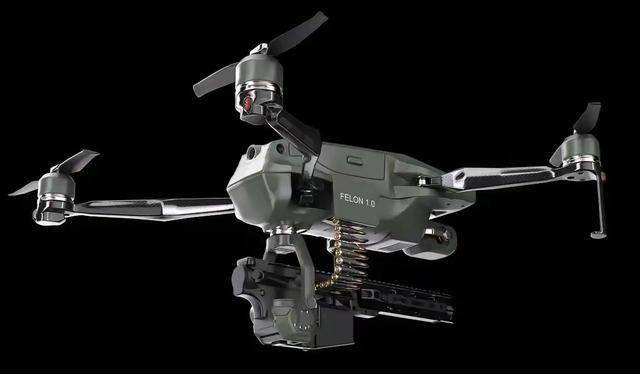In recent years, the battlefield has witnessed a significant transformation, largely attributed to the rise of war drones. These unmanned aerial vehicles (UAVs) have become indispensable assets in modern warfare, offering a strategic advantage to military forces worldwide. The evolution of war drones is reshaping the technology used in combat, making missions more efficient, precise, and less risky for human soldiers.
The Advent of War Drones
War drones first emerged as reconnaissance tools, but their roles have since expanded to include striking targets, surveillance, and logistical support. Equipped with advanced navigation systems and sophisticated cameras, they can gather crucial intelligence on enemy positions, movements, and fortifications without putting human life at risk.
Military forces are increasingly relying on war drones for their ability to perform tasks that were once deemed impossible or too dangerous. These drones can fly at high altitudes, avoid detection, and reach remote areas swiftly, which is pivotal when executing strategic missions.
Technological Advancements
Technological innovations have played a crucial role in enhancing the capabilities of war drones. Modern drones are equipped with AI-powered systems that allow for autonomous operation, significantly reducing the need for human control and minimizing errors. These systems can identify targets, assess risks, and make real-time decisions during missions.
The integration of machine learning algorithms enables drones to adapt to changing environments, ensuring their effectiveness in various terrains and weather conditions. This adaptability is vital in maintaining the element of surprise and achieving mission objectives with minimal disruption.
Strategic Advantages of War Drones
War drones provide several strategic advantages that traditional military equipment cannot match. Their ability to gather and relay real-time data enhances situational awareness, allowing commanders to make informed decisions quickly. This rapid decision-making process is crucial in fast-paced combat scenarios where every second counts.
Furthermore, the use of drones reduces the need for large military deployments, cutting costs and logistical challenges associated with transporting and maintaining troops. The flexibility and scalability of drone operations make them a cost-effective solution for modern warfare needs.
Ethical and Legal Considerations
The rise of war drones raises ethical and legal questions regarding their use in warfare. The ability to wage war remotely introduces complexities surrounding accountability and the rules of engagement. As drones become more autonomous, the debate over the moral implications of allowing machines to make life-and-death decisions intensifies.
To address these concerns, international bodies and governments are working towards establishing clear policies governing the deployment and operation of war drones. These regulations aim to ensure that technological advancements align with humanitarian principles and international laws.
The Future of War Drones
Looking ahead, war drones are expected to become even more integral to military strategies. Continuous advancements in technology will likely lead to the development of more sophisticated models capable of executing complex missions independently. As the competition among nations intensifies, those who invest in drone technology will likely hold a significant strategic advantage.
The future will likely see increased collaboration between military forces and tech companies to develop cutting-edge war drone solutions. These partnerships aim to push the boundaries of current capabilities and explore new possibilities for unmanned warfare operations.
FAQs
What are the main uses of war drones in modern military?  War drones are primarily used for reconnaissance, strategic attacks, surveillance, and logistical support, providing critical intelligence and operational capabilities without risking human lives.
War drones are primarily used for reconnaissance, strategic attacks, surveillance, and logistical support, providing critical intelligence and operational capabilities without risking human lives.
How do war drones operate autonomously?  War drones use advanced AI systems and machine learning algorithms for autonomous operation, allowing them to perform tasks, make decisions, and adapt to different environments independently.
War drones use advanced AI systems and machine learning algorithms for autonomous operation, allowing them to perform tasks, make decisions, and adapt to different environments independently.
What ethical concerns are associated with war drones? Ethical concerns include accountability in warfare, the moral implications of autonomous machines making critical decisions, and the necessity of establishing clear international regulations governing their use.